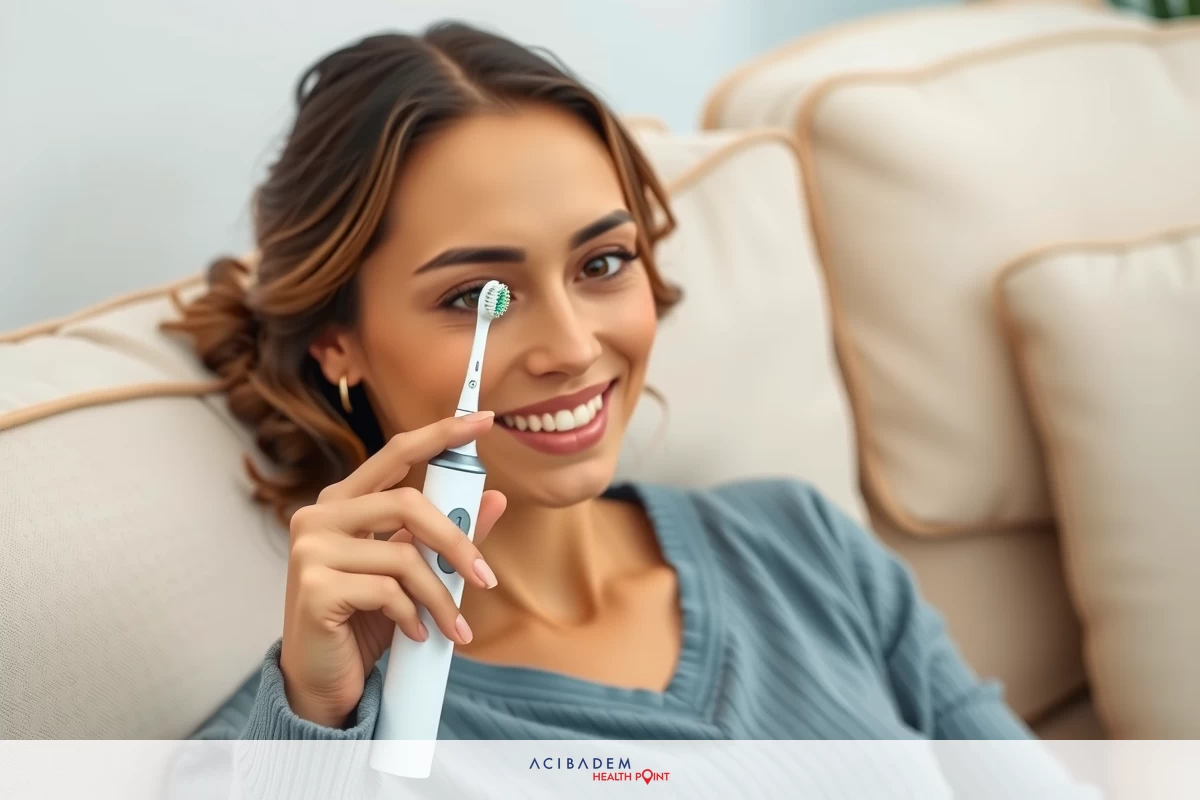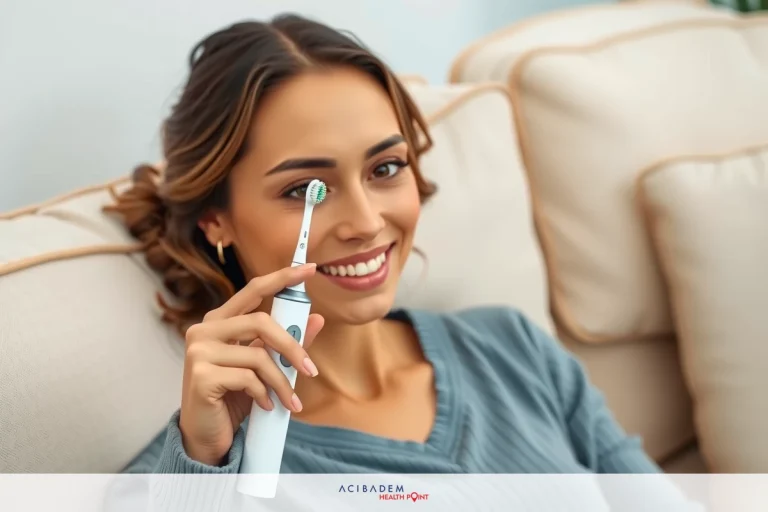How to Brush Teeth After Rhinoplasty
How to Brush Teeth After Rhinoplasty Maintaining oral hygiene after undergoing rhinoplasty can seem like a daunting task, but it doesn’t have to be. The process of brushing your teeth may require some adjustments to avoid discomfort or harm to your healing nose. This article offers guidance on when you can safely resume brushing your teeth and shares helpful tips for doing so without causing any complications.
Good oral hygiene is crucial during the recovery period after rhinoplasty. It’s not just about keeping your mouth cleanit’s also about preventing infections that could potentially affect the results of your surgery. This information aims to help you understand why maintaining oral hygiene is important and how you can effectively do so during your healing process.
Tips for Brushing Your Teeth After Rhinoplasty
Brushing your teeth post-surgery might seem like a challenge due to the sensitivity and swelling in the nasal area. There are ways to maneuver around this to ensure oral hygiene is not compromised during recovery. One of the most crucial things to remember is being gentle. Avoid vigorous brushing movements as they may cause undue pressure on the surgical area, potentially leading to complications. Instead, opt for small, circular motions that clean effectively without causing discomfort.
Choosing the right toothbrush is another important factor. A soft-bristled toothbrush is recommended as it can be more comfortable and less likely to irritate the healing nasal area. Using lukewarm water instead of cold can also help in reducing sensitivity while brushing. Patients should consider brushing more frequently but with less intensity to maintain oral hygiene without stressing the surgical site.
Maintaining good oral hygiene isn’t just about brushing your teeth; rinsing your mouth also plays a important role. Use a gentle mouthwash that doesn’t contain alcohol or strong flavors that might trigger a sneezing or coughing reflex, which could potentially disrupt the healing process. If you experience any bleeding or discomfort while brushing, rinse your mouth with lukewarm water and continue with your oral hygiene routine as instructed by your surgeon.
Remember, good oral hygiene contributes to a smooth healing process after rhinoplasty surgery. Implement these tips into your dental care routine and consult with your surgeon or dental professional for personalized advice based on your healing progress and comfort level.
Importance of Maintaining Oral Hygiene After Rhinoplasty
Maintaining oral hygiene after undergoing a rhinoplasty procedure is not just about ensuring fresh breath and a clean mouth; it plays a vital role in the healing process as well. Good oral hygiene can help prevent infections, which are a risk factor after any surgical procedure. Bacteria from the mouth can potentially enter the bloodstream, leading to complications that could affect the results of your rhinoplasty. Regular brushing and rinsing of the mouth help keep these bacteria at bay, promoting better overall health during your recovery period.
A clean mouth also contributes to your comfort level post-surgery. Healing from rhinoplasty often involves dealing with some degree of discomfort in the face and nasal area. This discomfort can be exacerbated by issues like tooth decay or gum disease, which are preventable with proper oral care. By keeping your teeth clean and free from plaque, you can avoid additional pain and inflammation that could interfere with your recovery.

Maintaining oral hygiene post-rhinoplasty has psychological benefits as well. The process of recovery can be challenging, and every small effort counts when it comes to improving your well-being during this period. Taking care of your dental health can give you a sense of control over your recovery process. It serves as a tangible action you can take daily to contribute to your healing, which can boost your morale and overall outlook.
While maintaining oral hygiene after rhinoplasty might seem like a minor part of your recovery, it plays an essential role in both physical healing and psychological wellness. Remember to follow all guidelines provided by your surgeon or dental professional for safe and effective oral care during this critical period.
Frequently Asked Questions
When can I start brushing my teeth after rhinoplasty?
It is important to follow your surgeon's instructions regarding oral hygiene, as every individual's healing process may vary. In general, you can usually start gently brushing your teeth the day after your rhinoplasty surgery. It is crucial to be extremely cautious and gentle during this initial period.
Can I use a regular toothbrush or should I switch to a softer one?
To avoid any potential discomfort or harm to your healing nose, it is recommended to switch to a soft-bristled toothbrush for the first few weeks after rhinoplasty. This will help minimize any potential irritation or pressure on the surgical area.
Are there any specific techniques I should follow while brushing my teeth?
Yes, during the initial stages of your recovery, it is advised to be extra gentle when brushing your teeth. Use small, light circular motions and avoid applying excessive pressure. Try to keep your mouth slightly open while brushing to prevent any strain on the healing nasal area.
Should I be concerned about bleeding while brushing my teeth after rhinoplasty?
It is not uncommon to experience some minor bleeding from the nose or mouth during the early stages of recovery. If you notice slight bleeding while brushing your teeth, do not panic. Gently rinse your mouth with lukewarm water and continue with your oral hygiene routine as instructed by your surgeon.
When can I resume my regular brushing routine without any restrictions?
: It is best to consult with your surgeon for personalized advice based on your healing progress. In general, most individuals can gradually return to their regular brushing routine within two to three weeks after rhinoplasty, as long as they feel comfortable and experience no complications.
Remember, maintaining good oral hygiene is essential for your overall well-being, especially during the recovery period after rhinoplasty. By following these guidelines and consulting with your surgeon, you can ensure a smooth healing process and a healthy smile.











